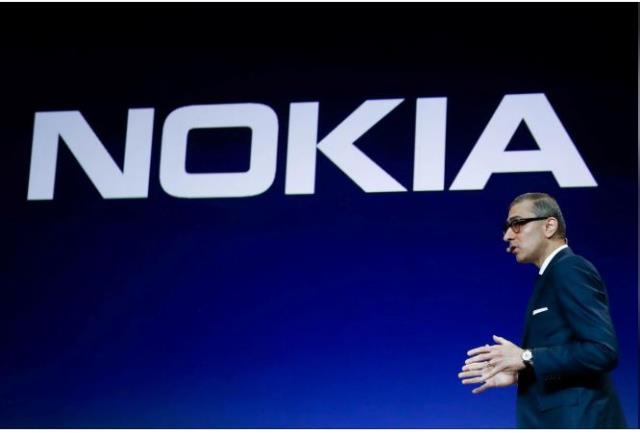Nokia said it has lowered its outlook for 2019 and 2020 due to margin pressure, additional 5G investments and additional digital investments.
 Nokia reported 1 percent increase in sales to EUR 5.7 billion in Q3 2019, compared to EUR 5.5 billion in Q3 2018.
Nokia reported 1 percent increase in sales to EUR 5.7 billion in Q3 2019, compared to EUR 5.5 billion in Q3 2018.
Nokia generated sales of 4.434 billion euros from networks, 677 million euros from software and 358 million euros from Technology business.
“Some of the risks that we flagged previously related to the initial phase of 5G are now materializing. Our Q3 gross margin was impacted by product mix; a high cost level associated with our 5G products; profitability challenges in China; pricing pressure in early 5G deals; and uncertainty related to the announced operator merger in North America,” Nokia CEO Rajeev Suri said.
 Nokia said it will increase investment in 5G in order to accelerate product roadmaps and product cost reductions, and in the digitalization of internal processes to improve overall productivity.
Nokia said it will increase investment in 5G in order to accelerate product roadmaps and product cost reductions, and in the digitalization of internal processes to improve overall productivity.
Nokia will make investment in its enterprise and software businesses, which are developing rapidly and performing well.
“Given these investments and the risks we see materializing, we are adjusting our targets for 2019 and 2020; and we expect our recovery to drive improvement in our 2021 financial performance relative to 2020,” Rajeev Suri said.
Nokia said competitive intensity has increased in some accounts as some competitors seek to take share in the early stage of 5G, which is particularly impacting Mobile Access business of Nokia.
 Nokia will make investment in System on Chip based 5G hardware, including diversifying and strengthening the related supplier base.
Nokia will make investment in System on Chip based 5G hardware, including diversifying and strengthening the related supplier base.
Nokia will face challenges in the wake of the planned merger between T-Mobile US and Sprint. Nokia said it is facing temporary capital expenditure constraints in North America related to customer merger activity, as well as other potential mergers or acquisitions by its customers.
Nokia said some customers are re-assessing their network vendors in the wake of security concerns. Nokia CEO did not refer its main rival Huawei. China-based Huawei is facing pressure in several markets after blocking of component sourcing from technology companies based in the United States.
